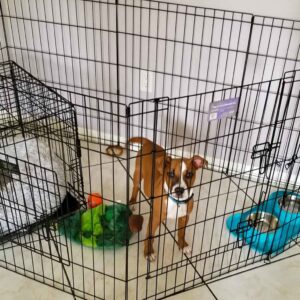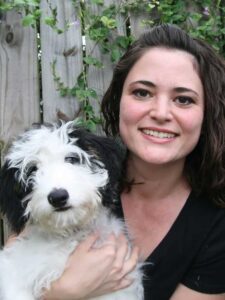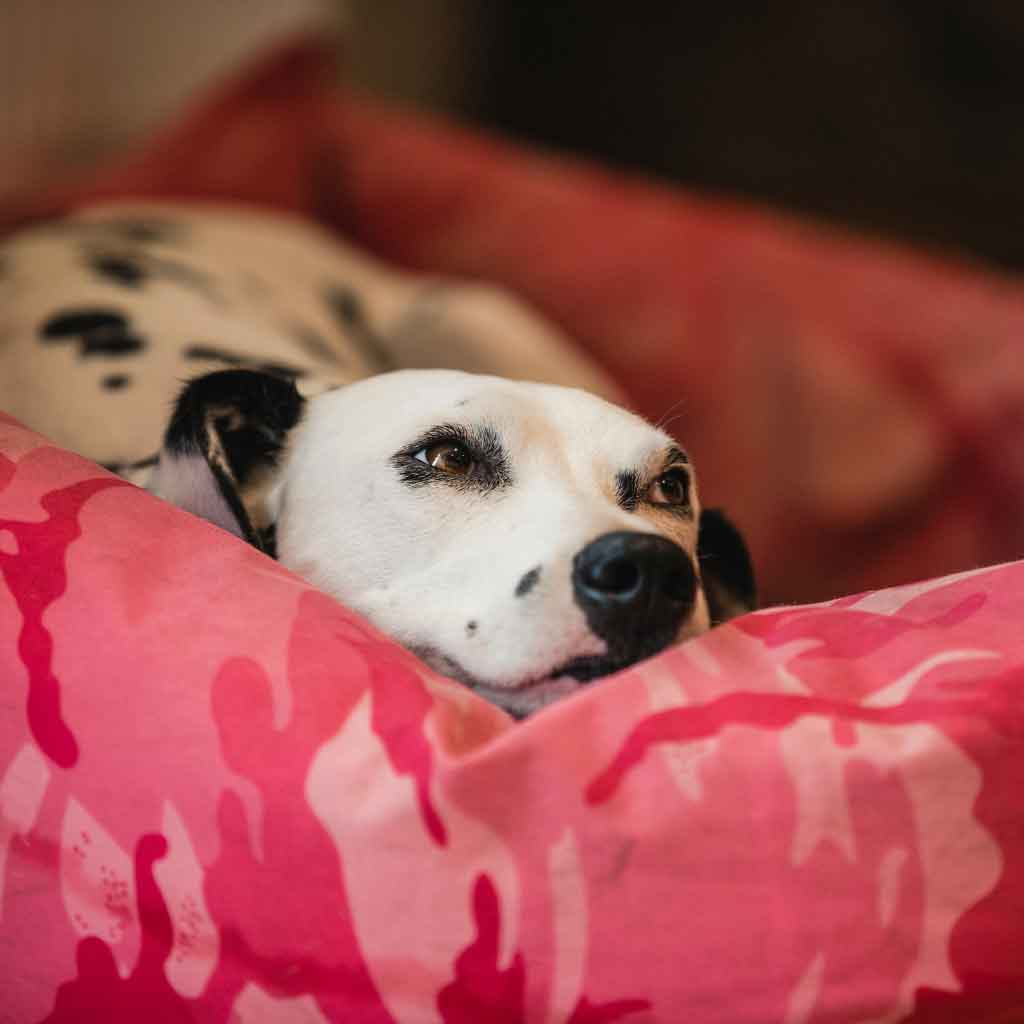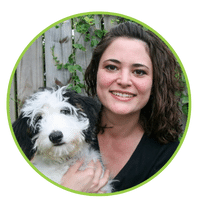Puppy Training Vero Beach, Florida.
Keep Your Puppy Out Of Trouble
It doesn’t take long to realize that your puppy is way too immature to have free roam of the house. After all, you wouldn’t turn a toddler loose in your home without supervision, would you? Luckily, there are various management options to keep your puppy out of trouble. In addition to tools like the crate and exercise pen, one of my favorite options to implement is what I call a settle station.
A settle station is an area where you’ll condition your dog to lie down and chill out on a bed or mat. It should be equipped with a 3-foot tether or leash that attaches your dog to a heavy piece of furniture. The tether should be long enough that your dog can stand up, turn around and get comfortable but not so long that they can get into trouble or get a running start to pull the furniture. Or you can place an eye bolt in the baseboard if you don’t have a strong enough piece of furniture.
Puppy Training Vero Beach, Sebastian and Fort Pierce
Puppy training expert Gerry-Anna helps humans and their dogs live together in harmony. Book a call today and start receiving support right away.
Teach Your Dog To Love A Settle Station
While they are tethered on the settle station, feed them a food-filled toy (like a Kong or Toppl) at least once a day.
Reward them anytime you see them choosing to lie in this area independently.
Periodically bait the settle station area with treats when the pup isn’t paying attention, so they’ll find the treats later on their own.
When they are tethered, give them a toy or special chewable item.

Puppy Training Vero Beach, Florida
Most young puppies take to tethering very quickly. Just make sure not to give them attention if they fuss. Wait for calm/quiet behavior before addressing them. This skill is invaluable because once your puppy understands the concept, you can tether them in any room you’re in to prevent them from getting into things and encourage them to settle. For example, I often tether the puppy to my pantry doorknob in the kitchen while I’m cooking to prevent them from getting underfoot. If they lay on their mat calmly out of the way, I may toss them a kibble.
Also, if your puppy is getting wild and bitey, you can easily pick up their leash and hitch them to a settle station so you can move away without getting gnawed on.
As with everything, safety is number one, so be sure to supervise your dog when they are tethered. Use your best judgment to decide if this confinement method works for your dog. If they are pulling excessively on the tether and your attempts to teach them to relax are not working, you may want to use an exercise pen or gated area instead.
The crate and exercise pen should remain in your puppies’ daily repertoire. Use the crate for undisturbed naps at least twice daily and use the playpen to contain your puppy when you can’t immediately supervise, but they don’t necessarily need a nap. The pen is especially nice if you have other pets or children because it puts a barrier around your pup to prevent unregulated interactions.
If you’re feeding them three meals daily, try giving them a food toy meal in each location daily to keep them positive!

Vero Beach, Treasure Coast Puppy Training
Hi!
I’m Gerry-Anna, the leading puppy trainer on the Treasure Coast, and I’d love to support you through your puppyhood journey and beyond!
If you want a dog that will be an absolute joy to share your life with, who’s a pleasure to be around, then it all starts with early puppy training.
As the saying goes, prevention is better than cure, and that is so true when it comes to raising a well-mannered dog who is a wonderful addition to your family.
Fixing problems takes a lot more time, effort, and support.
But if you learn how to prevent problem behaviors from developing and how to communicate with your puppy so they understand exactly what you want – you have an incredible foundation for the road ahead.
When To Start Puppy Training
In an ideal world, you will start your puppy training as soon as your puppy comes home. But it probably doesn’t look quite as you’d expect!
It’s much less about teaching cute behaviors like sit, down, and handshake…and more about helping your puppy develop confidence, manners, and resilience.
Included in all of my puppy training programs are my wellness essentials. These are the foundations that will underpin your puppy’s ability to understand boundaries, respond appropriately and grow into a content adult dog.
If you’ve not started training yet and wonder if it’s too late, please don’t panic or feel bad. Your dog can learn these foundations at any age. It may take a little longer to undo bad habits, but it’s entirely possible with the right support.
Find out more about my Puppy Training Services here.

